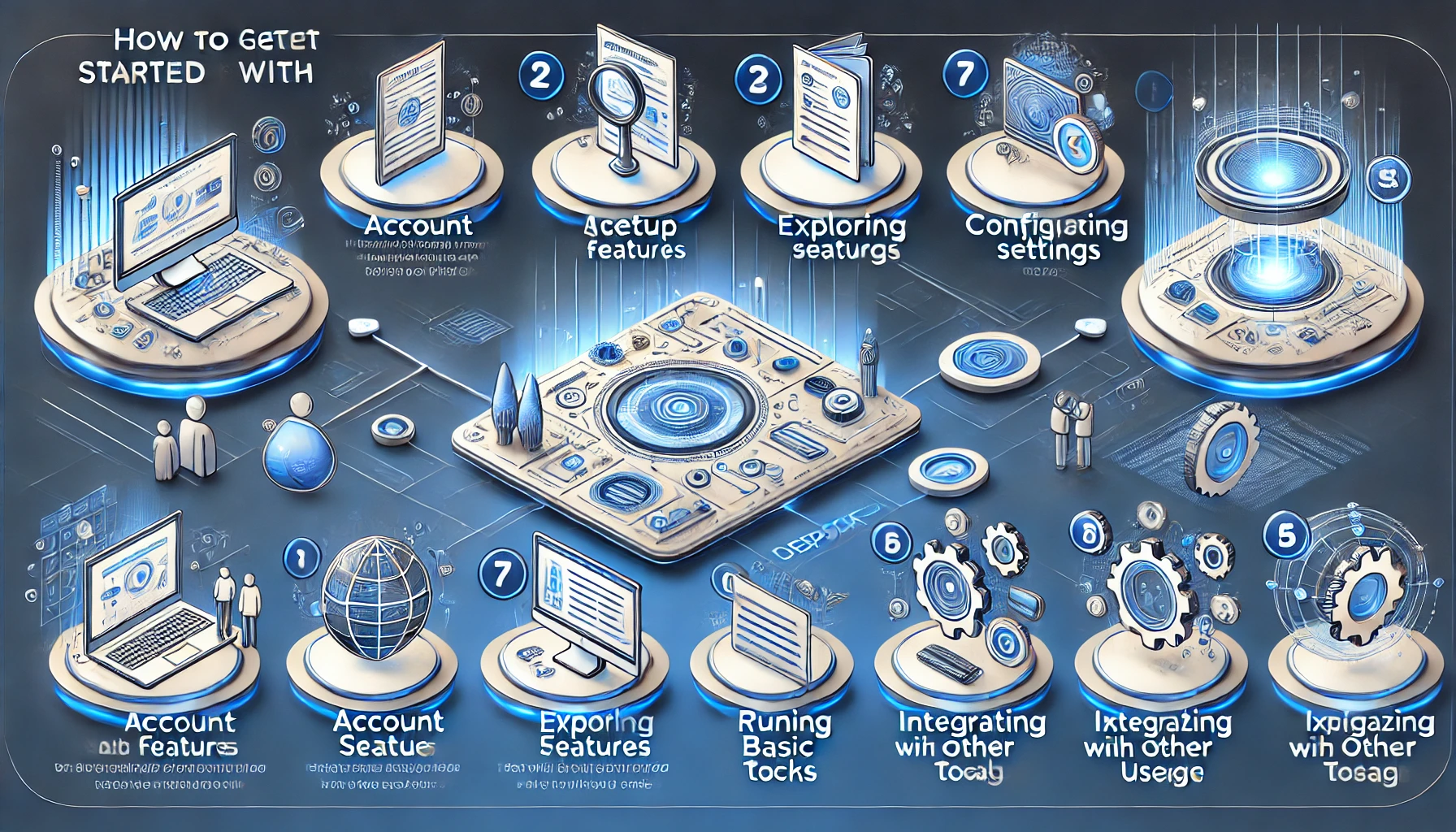
C++ Programming Essentials | Learn C++ Programming From Basic To Advance 2023
What is C++ PROGRAMMING
C++ programming is a powerful and widely-used programming language known for its versatility and efficiency. It is an extension of the popular C language and offers additional features that make it suitable for various applications. With C++, developers can create robust and high-performance software, ranging from small-scale applications to complex systems.
C++ allows programmers to utilize object-oriented programming (OOP) principles, enabling the creation of modular and reusable code. It supports features like classes, inheritance, polymorphism, and encapsulation, providing a structured approach to software development. C++ also offers low-level control over memory management, making it suitable for resource-intensive applications.
One of the key advantages of C++ is its compatibility with multiple platforms, making it suitable for developing software for various operating systems. It is widely used in areas such as game development, embedded systems, financial applications, scientific simulations, and more.
With its extensive libraries and frameworks, C++ provides developers with a wide range of tools and functionalities to streamline the development process. Learning C++ programming opens up opportunities to build efficient, scalable, and high-performance applications while fostering a deeper understanding of programming concepts and practices.
Difference between C and C++
| Aspect | C | C++ |
|---|---|---|
| Programming Paradigm | Procedural | Multi-paradigm (Procedural, Object-oriented, Generic) |
| Object-Oriented Programming (OOP) | No native support | Supports OOP concepts (classes, objects, inheritance, polymorphism) |
| Standard Template Library (STL) | N/A | Powerful library with data structures and algorithms |
| Memory Management | Manual memory management | Supports explicit memory management and automatic garbage collection |
| Compatibility | Can be compiled and executed in a C++ environment | Most C programs can be compiled and executed in a C++ environment |
| Usage | System programming, embedded systems | Application development, game development, complex software systems |
Which compiler is used in C++?
When it comes to C++ programming, there are different compilers you can choose from, each with its own strengths and unique features. Here are some popular compilers that students often use:
1. GNU Compiler Collection (GCC):** GCC is an open-source compiler suite that supports C++ and many other programming languages. It’s known for its wide compatibility with different platforms and strict adherence to language standards.
2. Clang:Clang is an open-source compiler that is part of the LLVM project. It’s famous for its excellent error-checking capabilities and fast compilation speed. It works seamlessly with GCC, ensuring compatibility.
3. Microsoft Visual C++ (MSVC):MSVC is a compiler developed by Microsoft specifically for C++ applications on Windows. It integrates smoothly with the Visual Studio IDE and provides a comprehensive set of debugging and development tools.
4. Intel C++ Compiler: The Intel C++ Compiler is a commercial option that offers advanced optimizations for Intel processors. It’s commonly used in high-performance computing and parallel programming, providing significant performance enhancements.
5. Clang++ (Clang-based C++ compiler): Clang++ is a C++ compiler frontend within the Clang suite. It shares similar features and compatibility with the Clang compiler, making it a suitable choice for compiling C++ code.
Remember, these are just a few examples of the available compilers. The choice of compiler depends on factors like the platform you’re targeting, specific project requirements, performance considerations, and your personal preferences as a student.
How do I download a C++ compiler?
Select a Compiler: Choose a C++ compiler like GCC, Clang, or Microsoft Visual C++.
Go to Official Website: Visit the official website of the chosen compiler.
Find Downloads: Locate the “Downloads” section on the website.
Download and Install: Get the suitable version for your operating system and follow the provided installation instructions.
C++ compiler mingw download | mingw-w64 download
MinGW-w64 – for 32 and 64 bit Windows Click here
Visual Studio C/C++ IDE and Compiler for Windows - Microsoft Download
Download Visual Studio with C++ Click here
Learn All The Topics Of C ++ Programming Here
Share:
Related Posts


The Future of Deepseek: Trends and Predictions for 2024 and Beyond
Discover the future of Deepseek and how this AI-powered platform is revolutionizing data analysis. From enhanced AI capabilities and real-time insights to industry expansion and sustainability features, explore the key trends and predictions shaping Deepseek in 2024 and beyond. Stay ahead of the curve with the ultimate data analysis tool

Top 10 Use Cases of Deepseek for Businesses and Individuals
Discover how Deepseek is transforming data analysis for businesses and individuals. From business intelligence and financial forecasting to personal finance management and real estate analytics, explore the top 10 use cases of this AI-powered platform. Learn how Deepseek can help you unlock actionable insights and drive success in 2025 and beyond.


